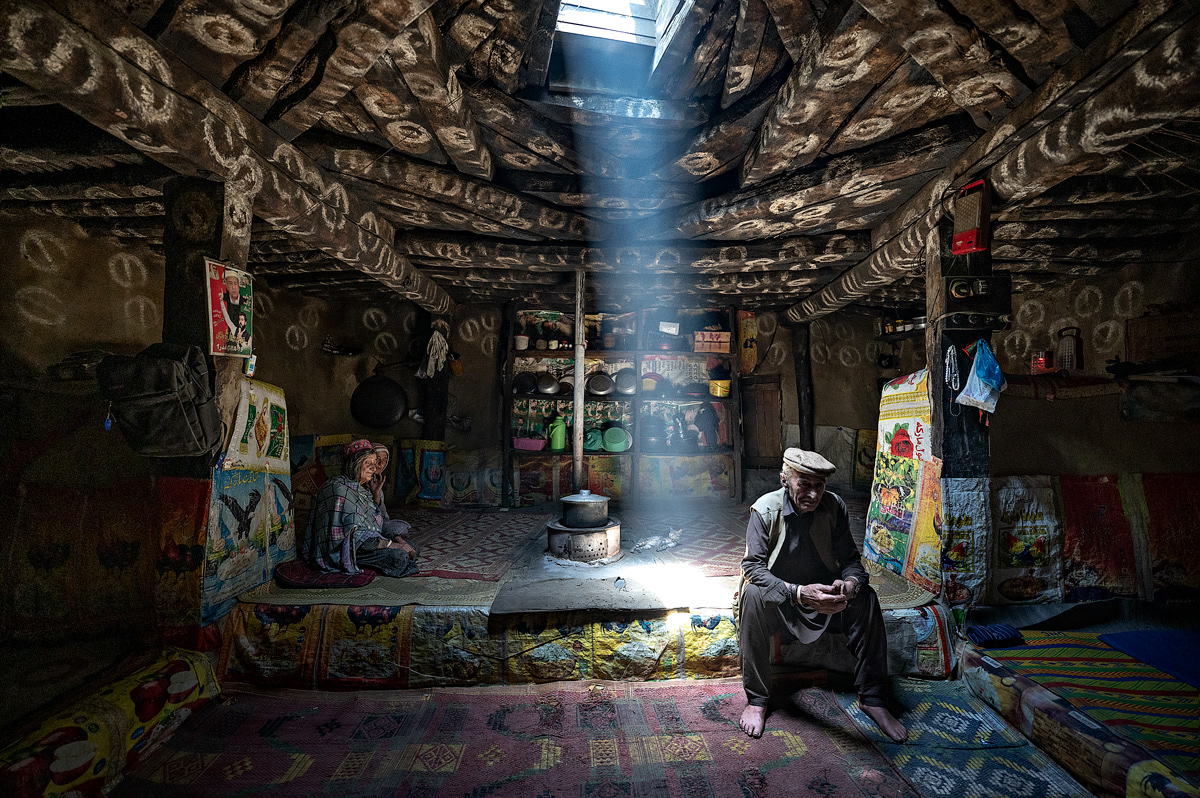
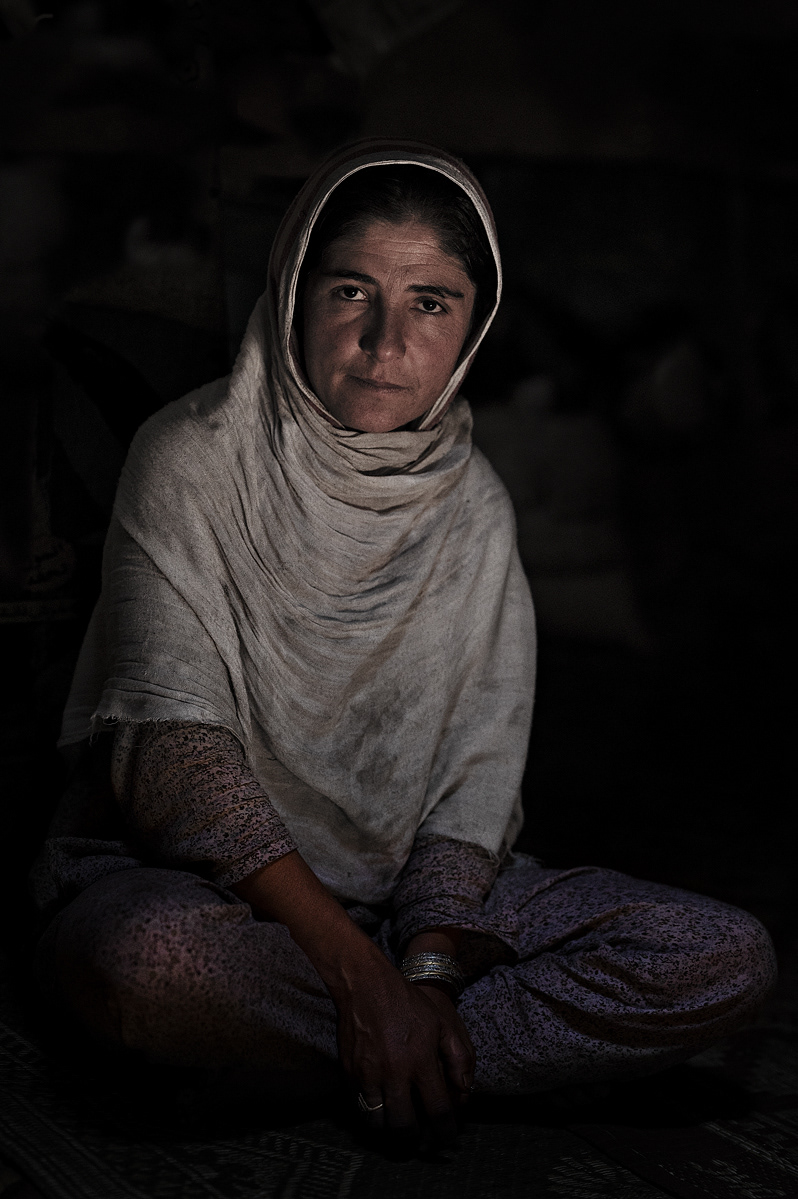
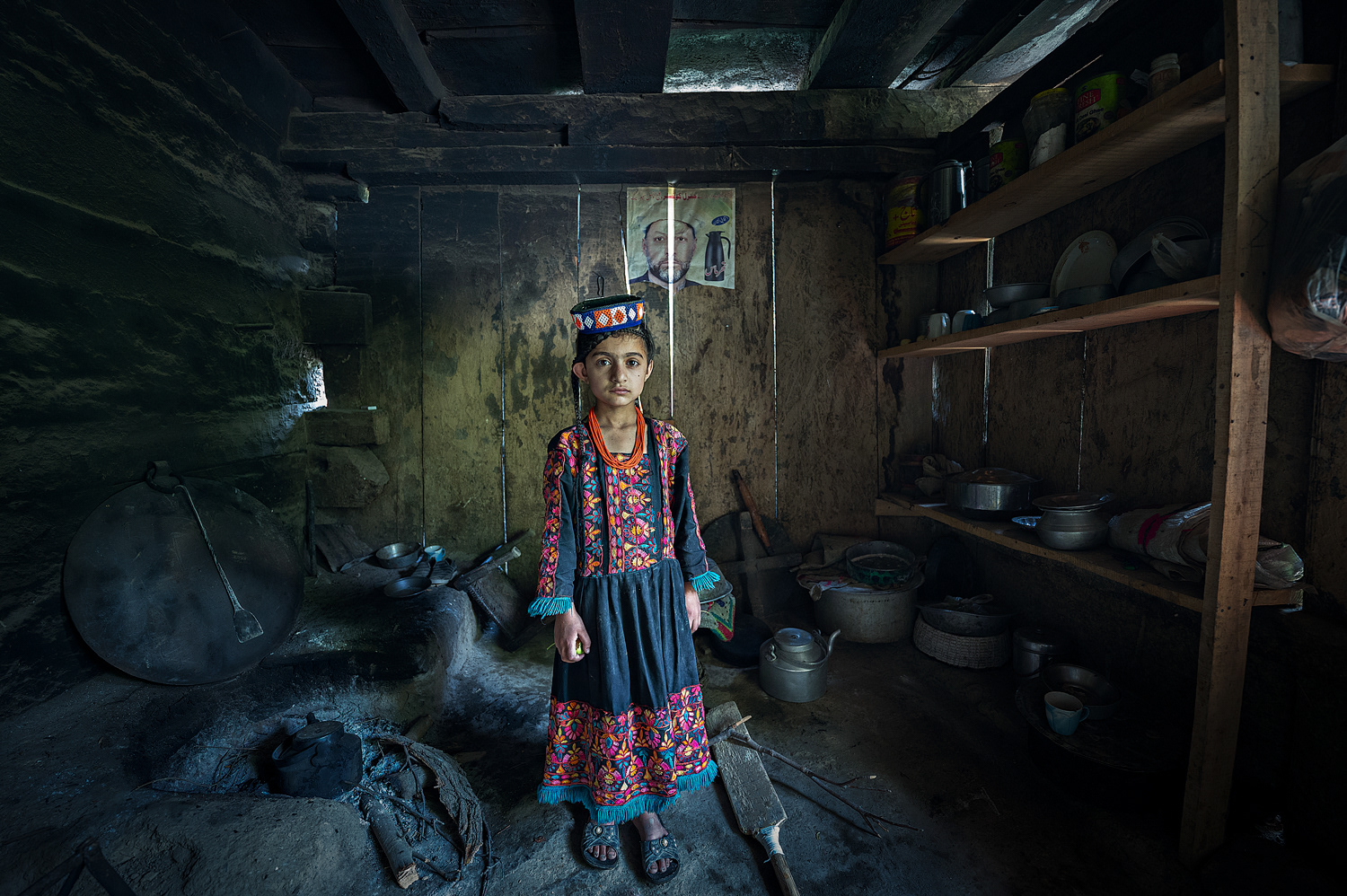
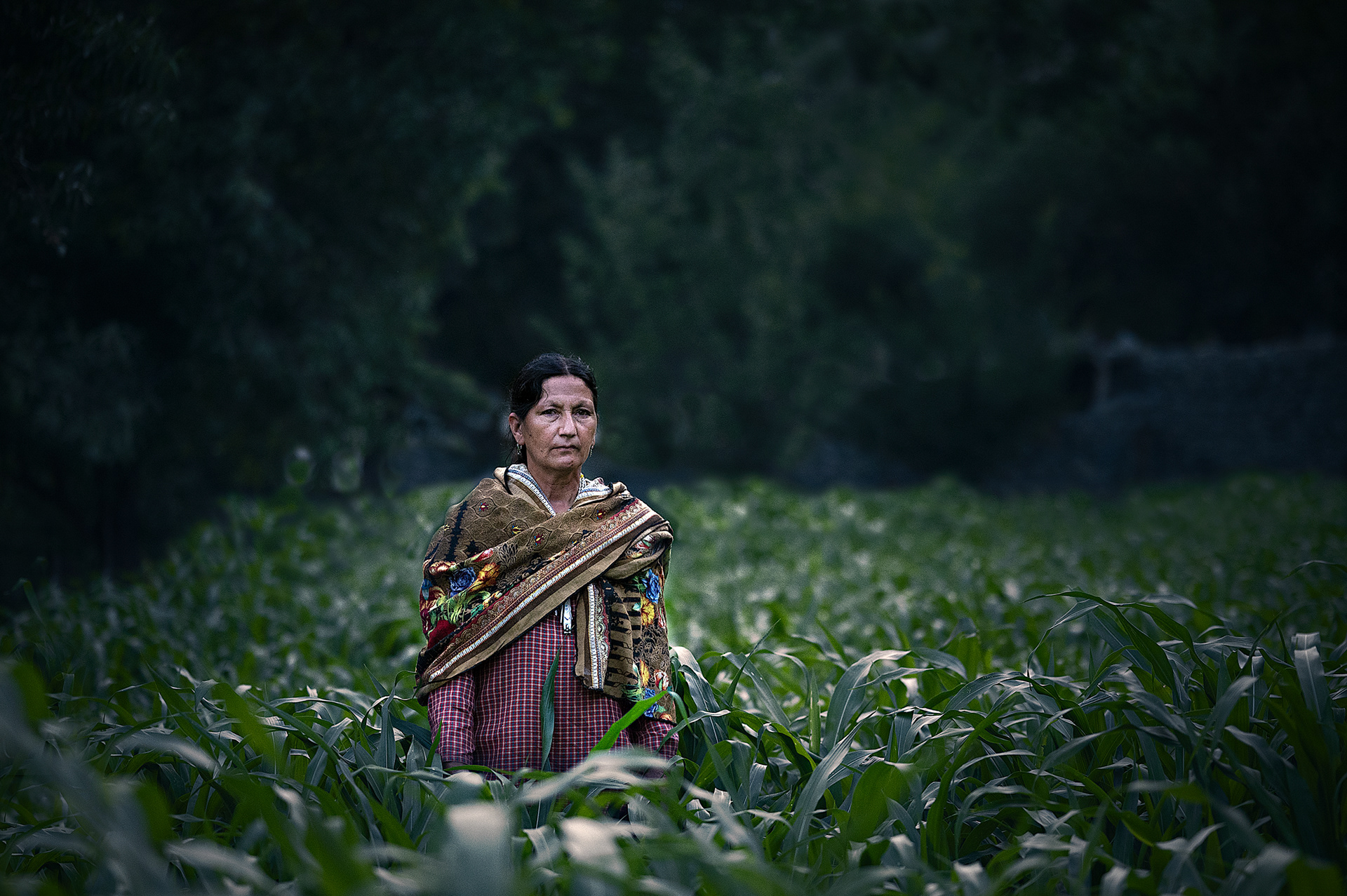
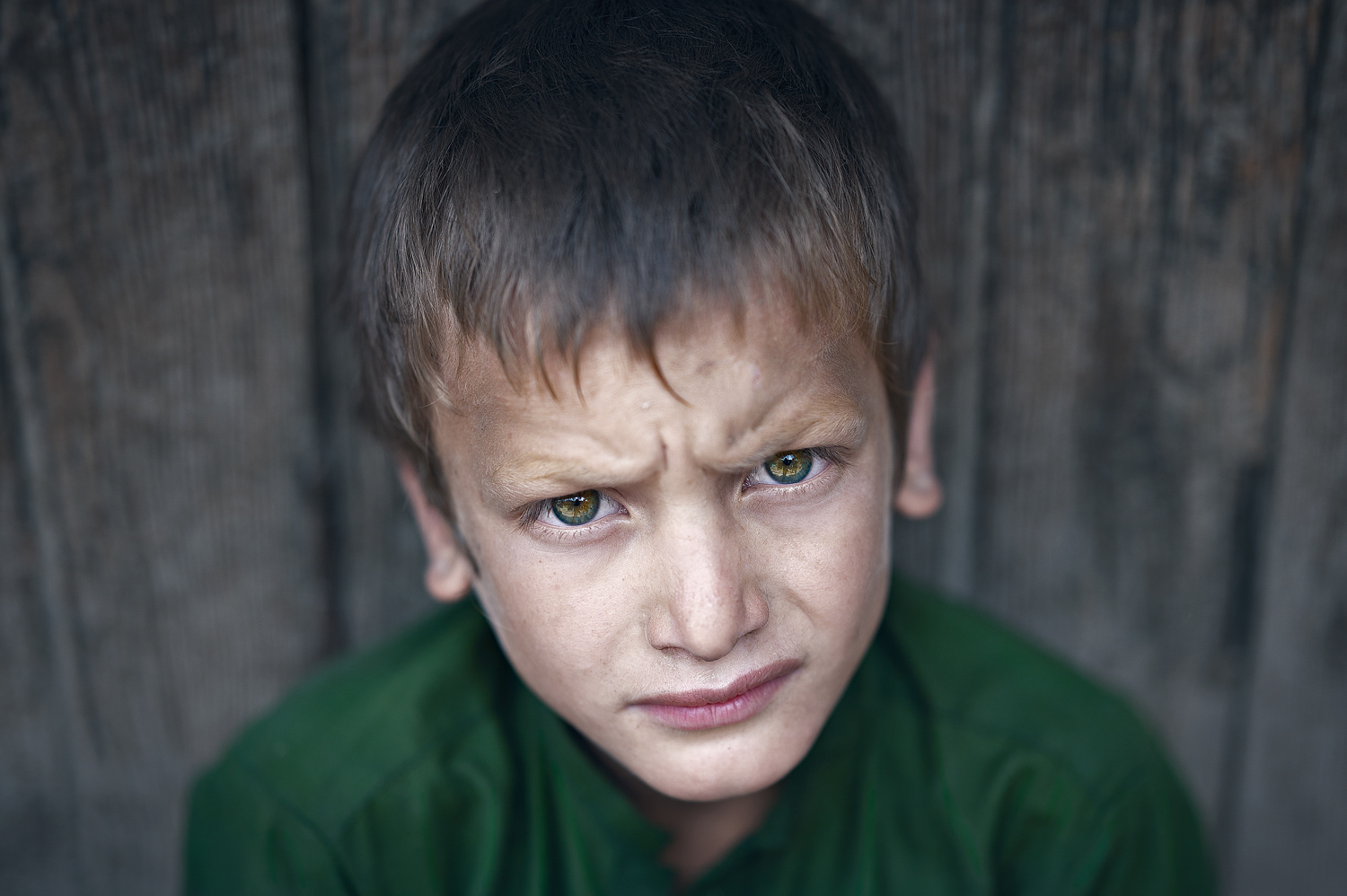
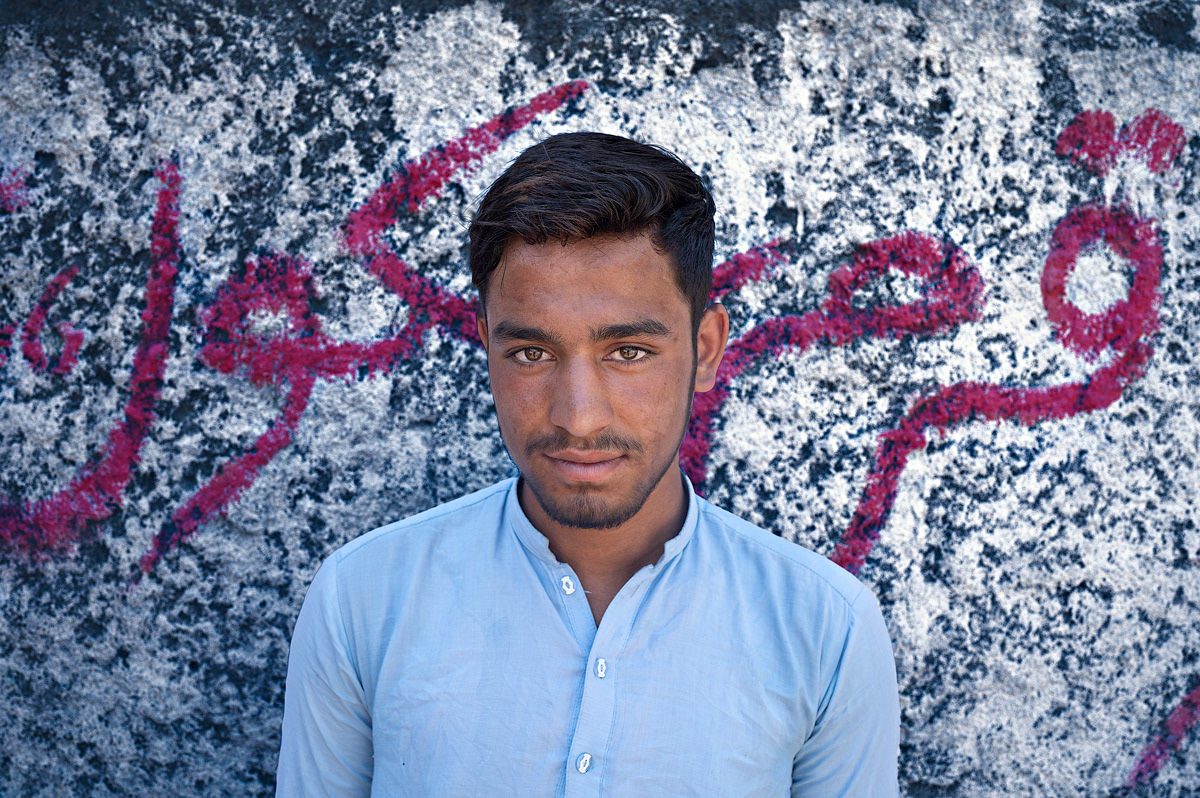
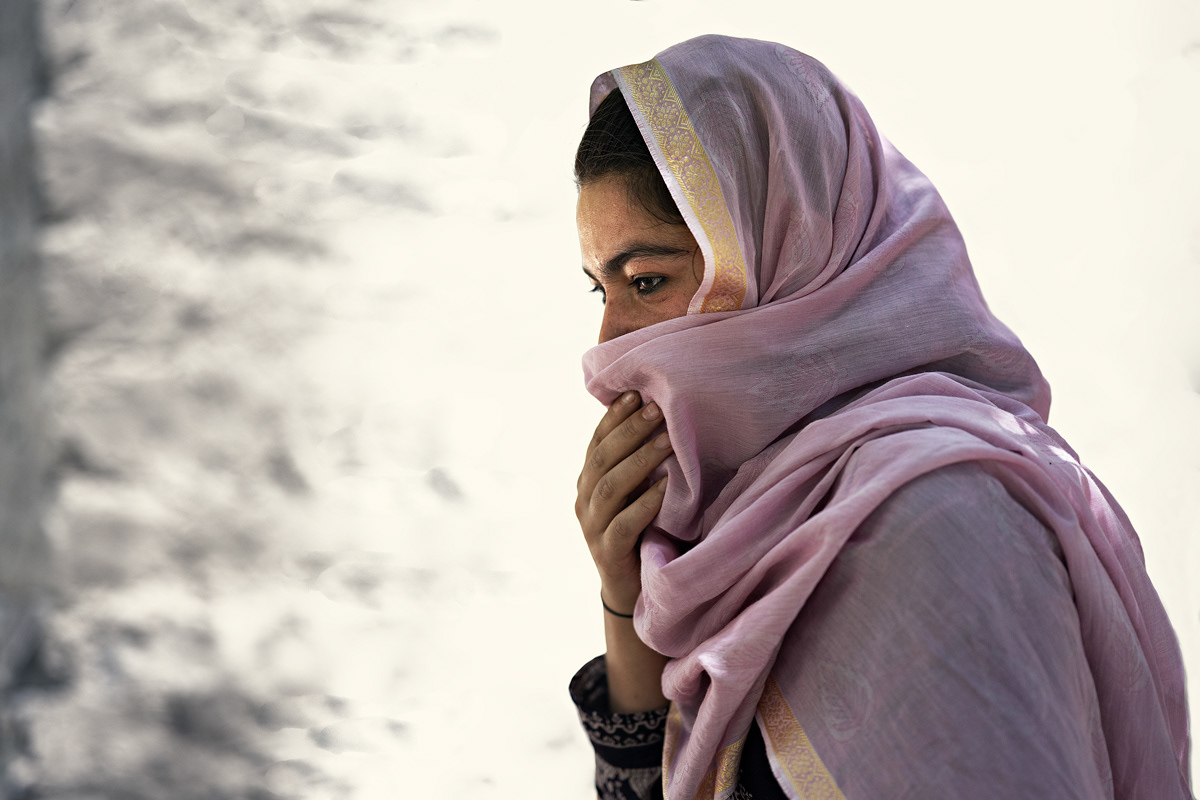
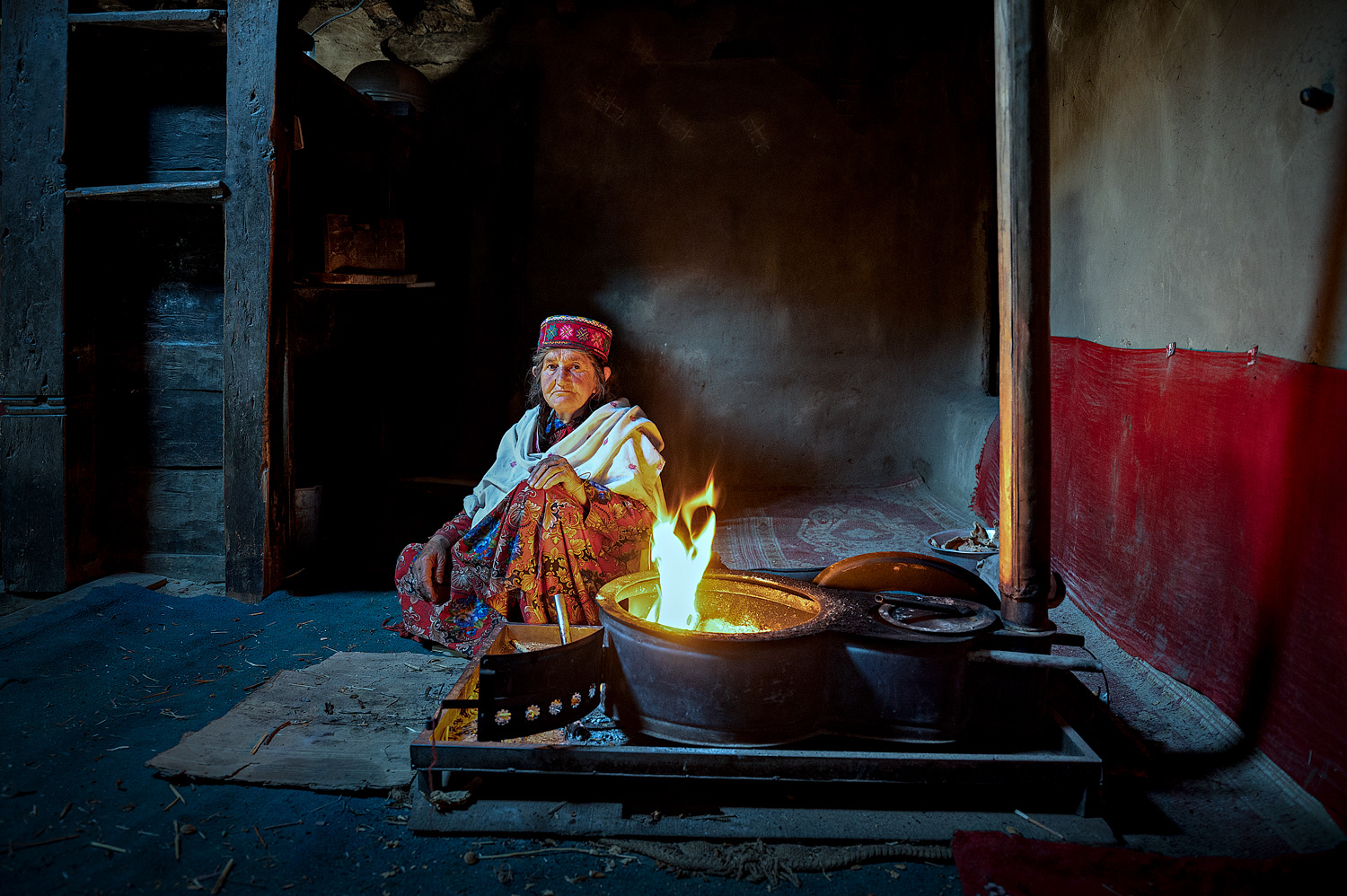
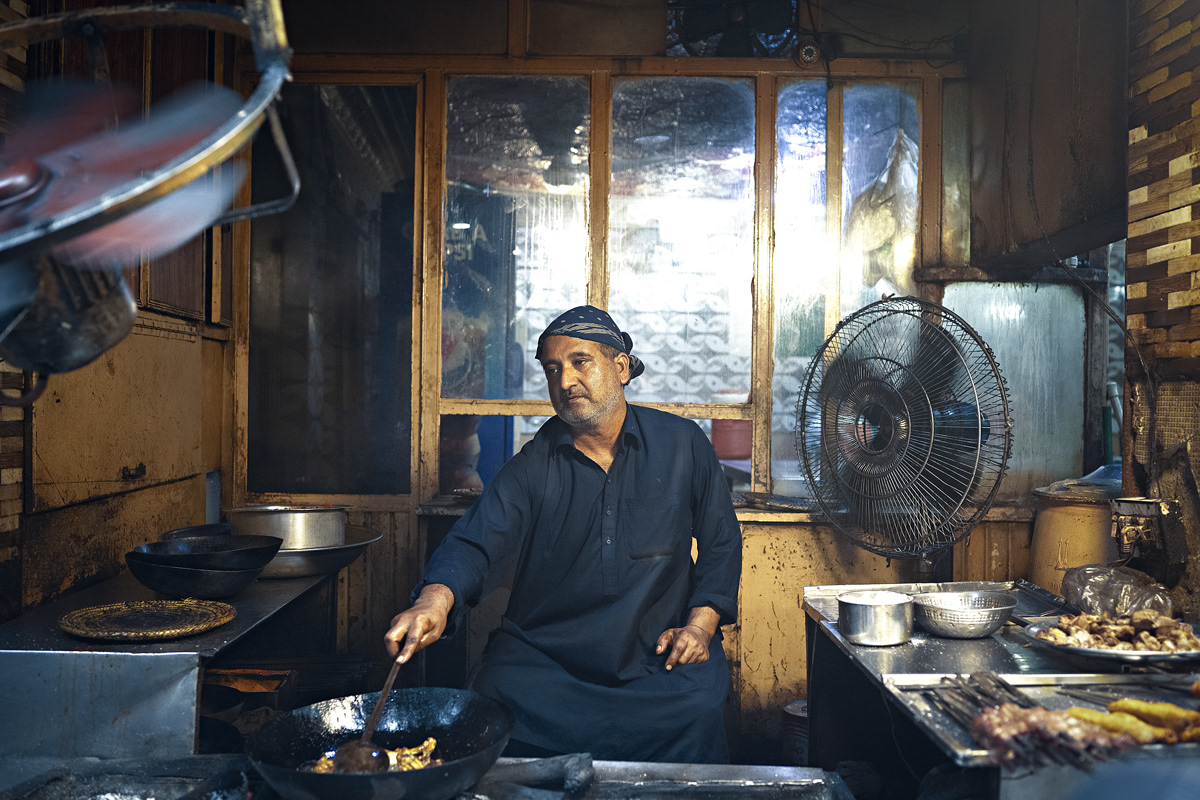
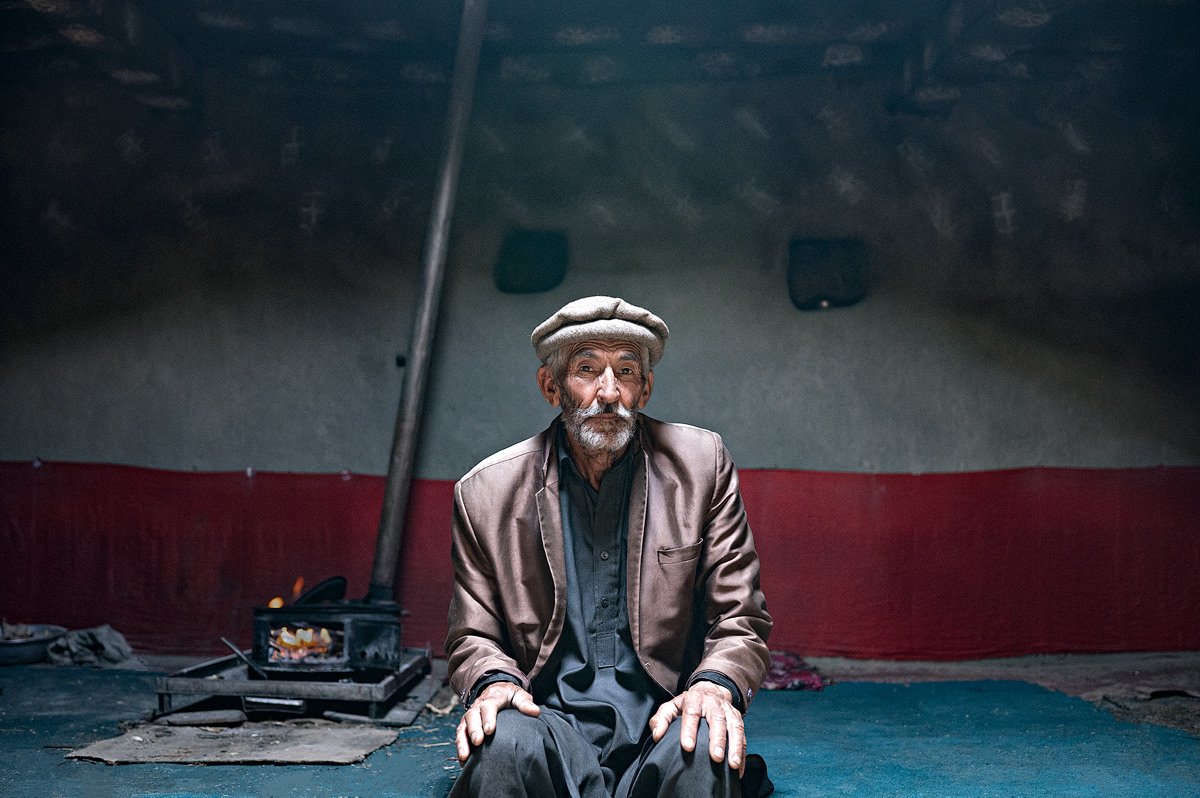
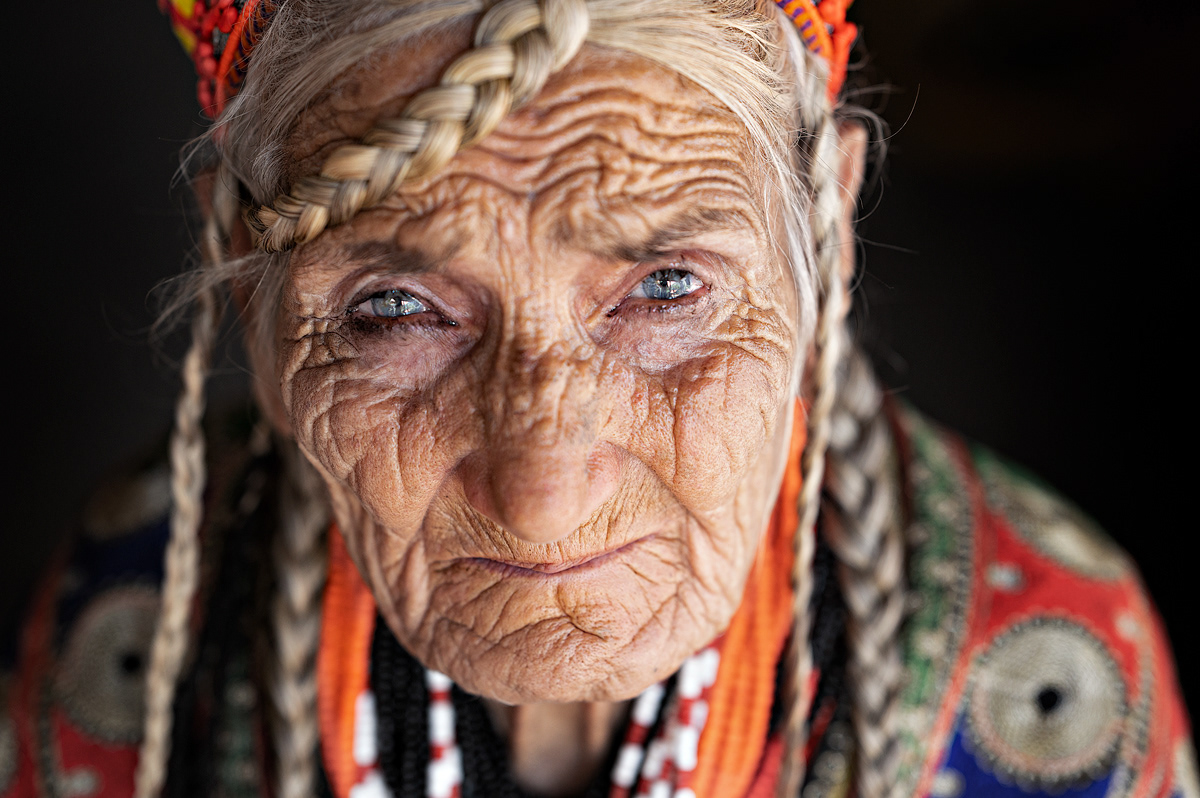
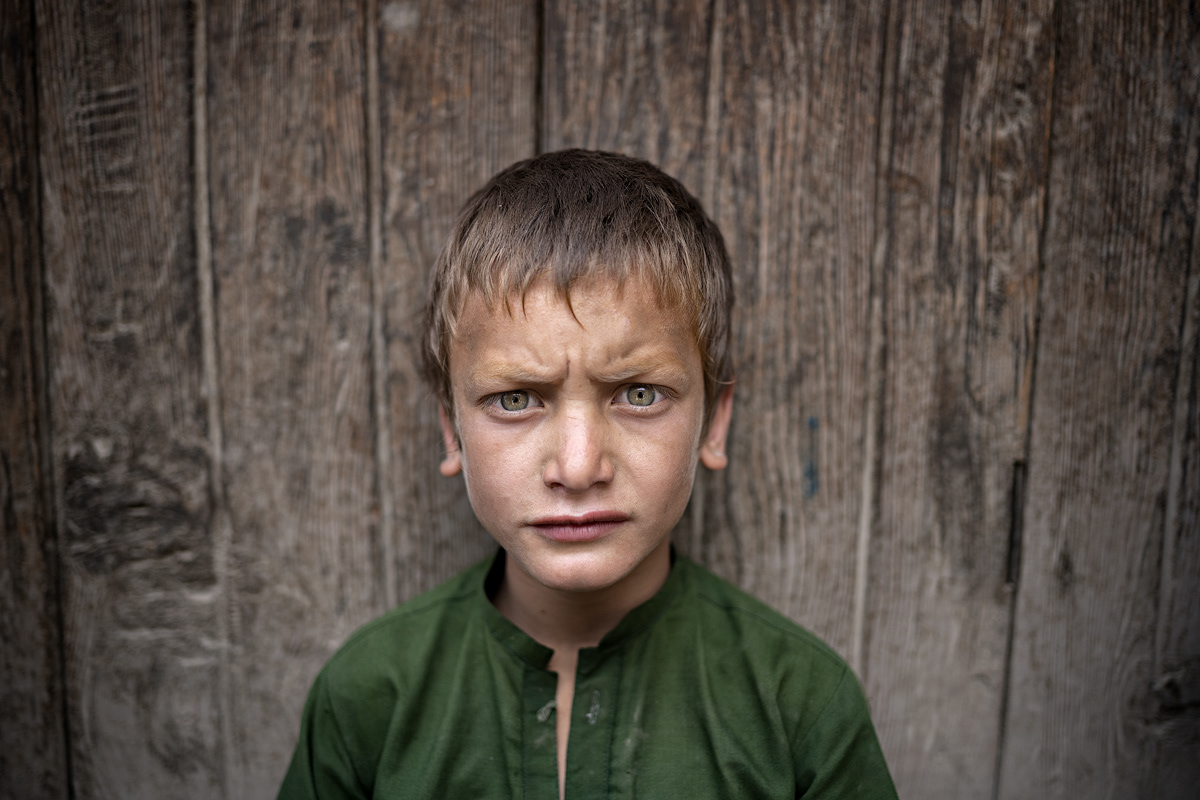
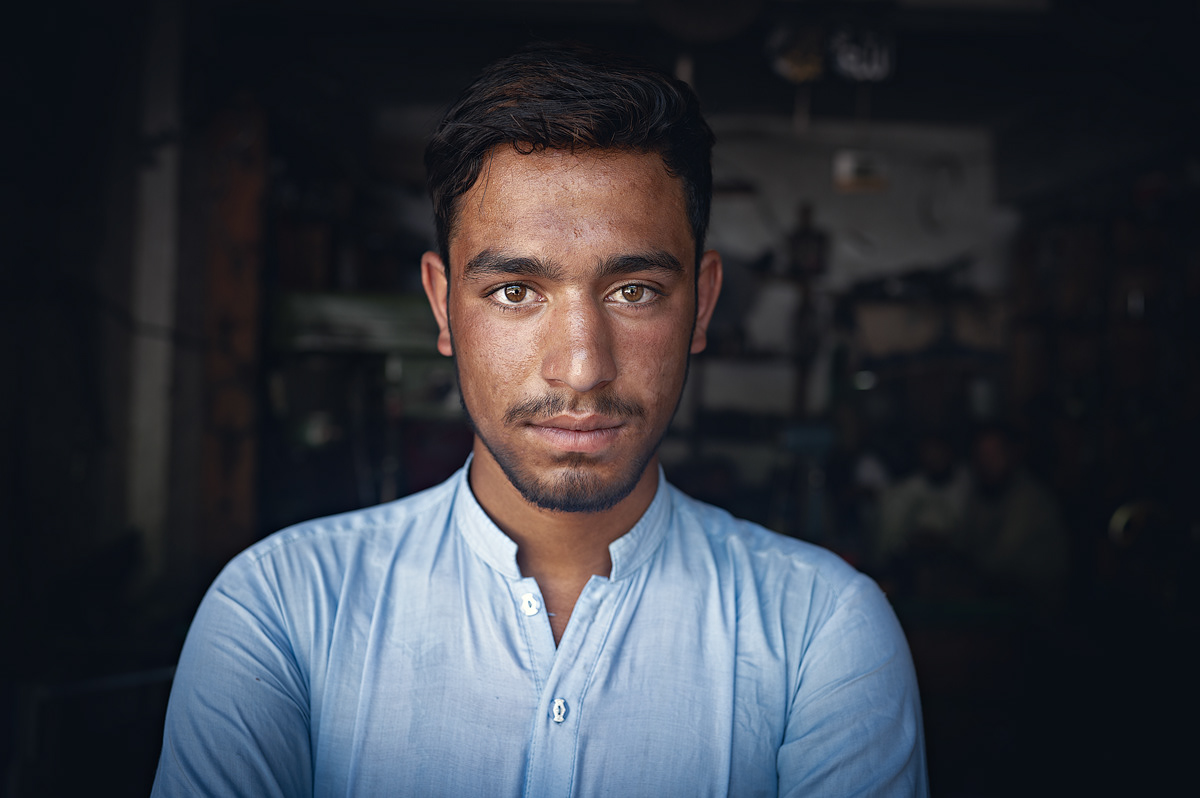
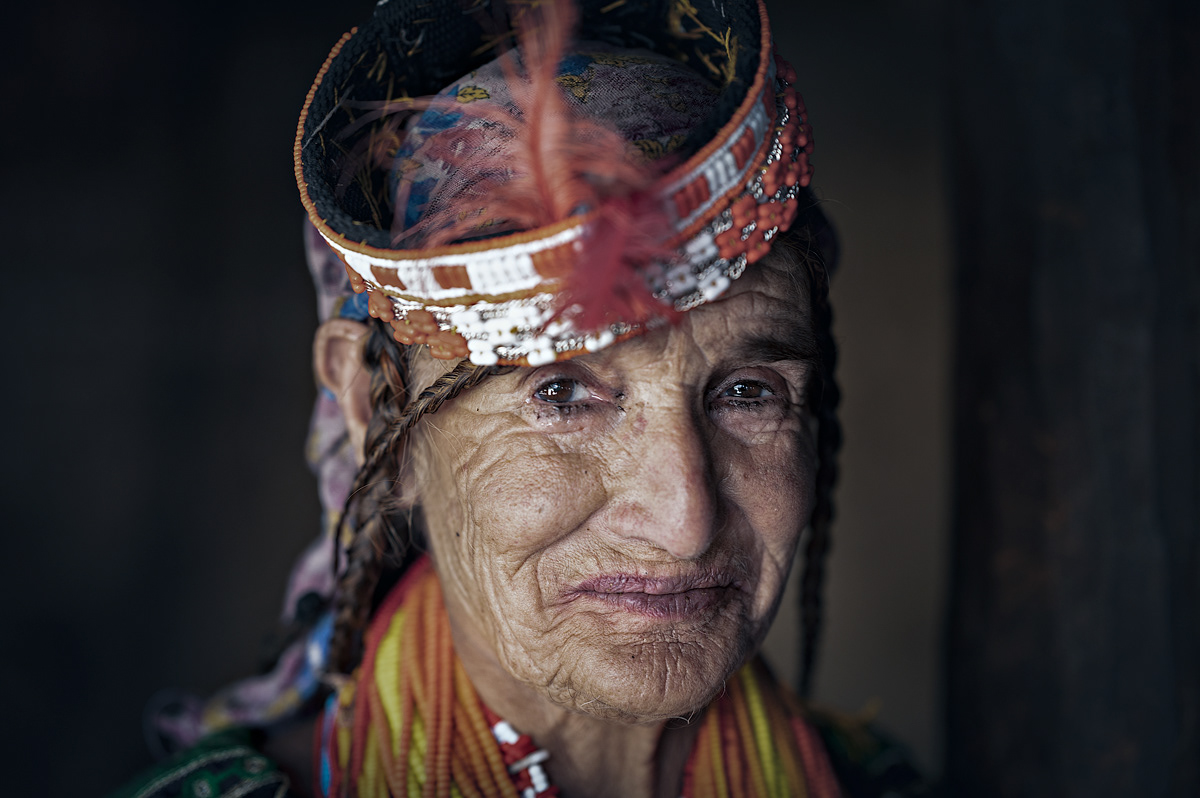
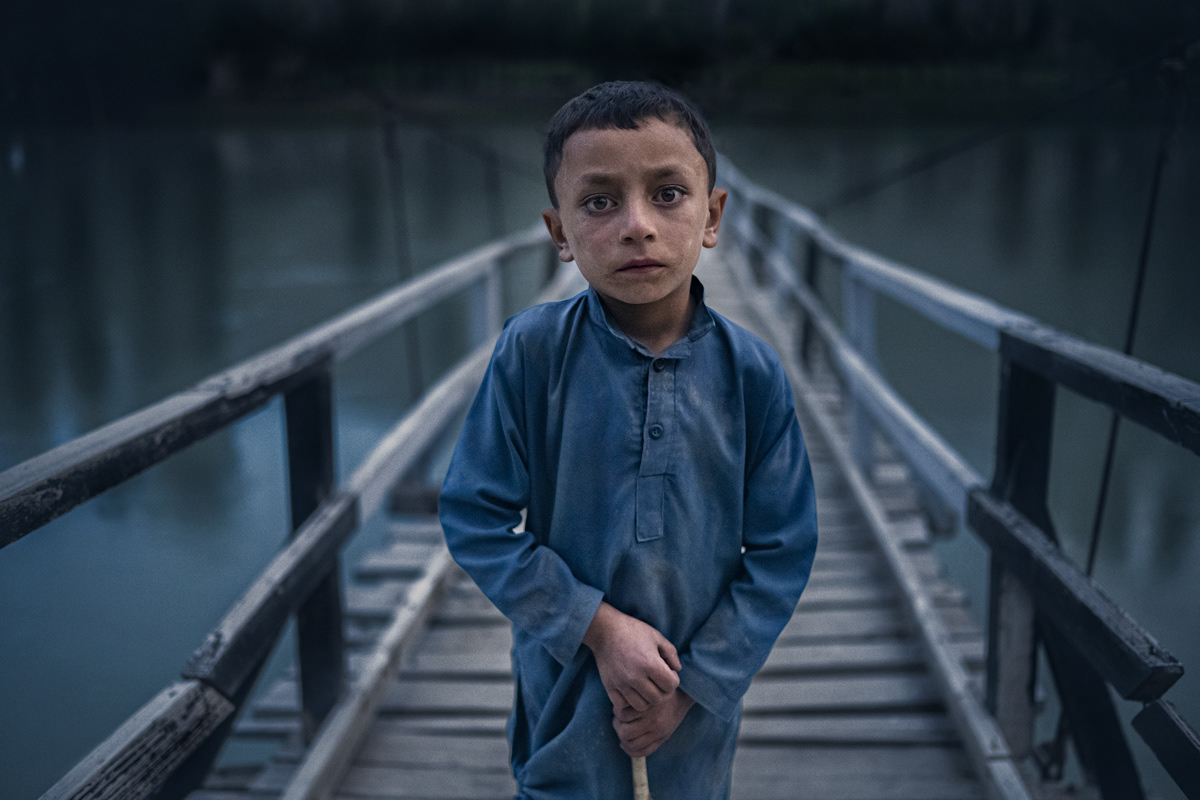
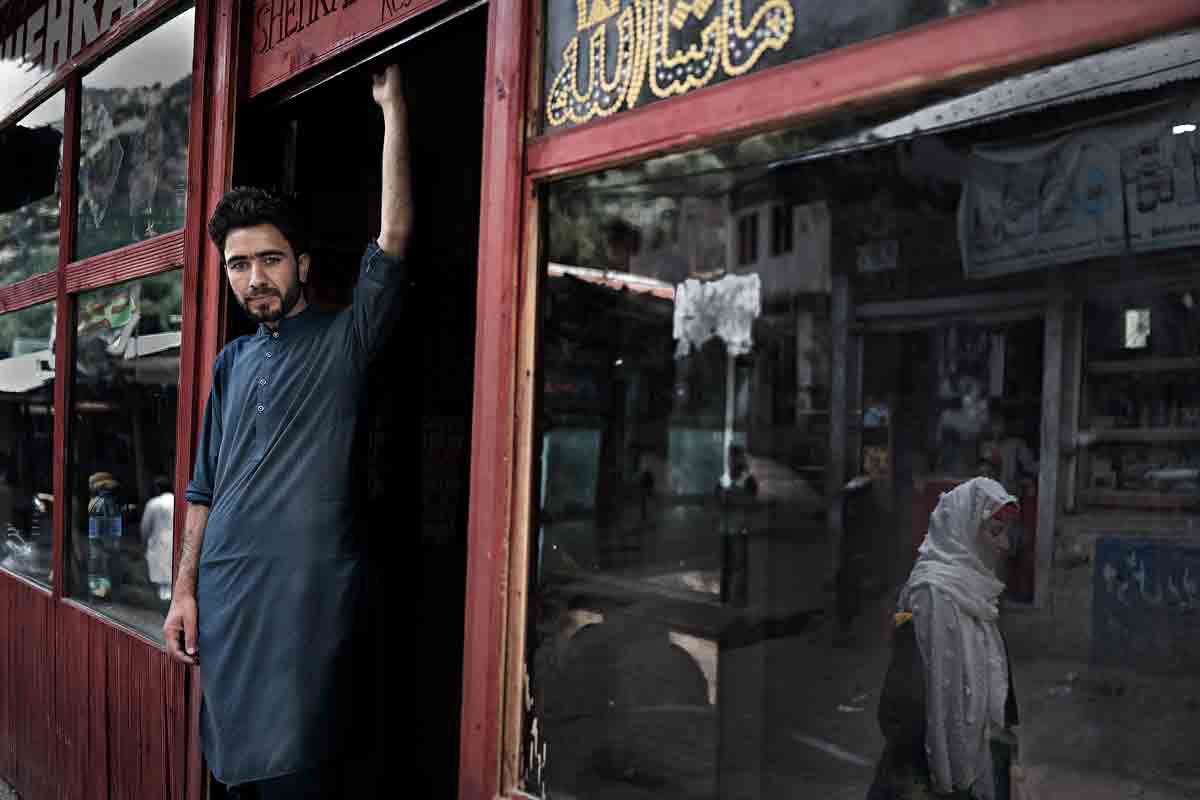
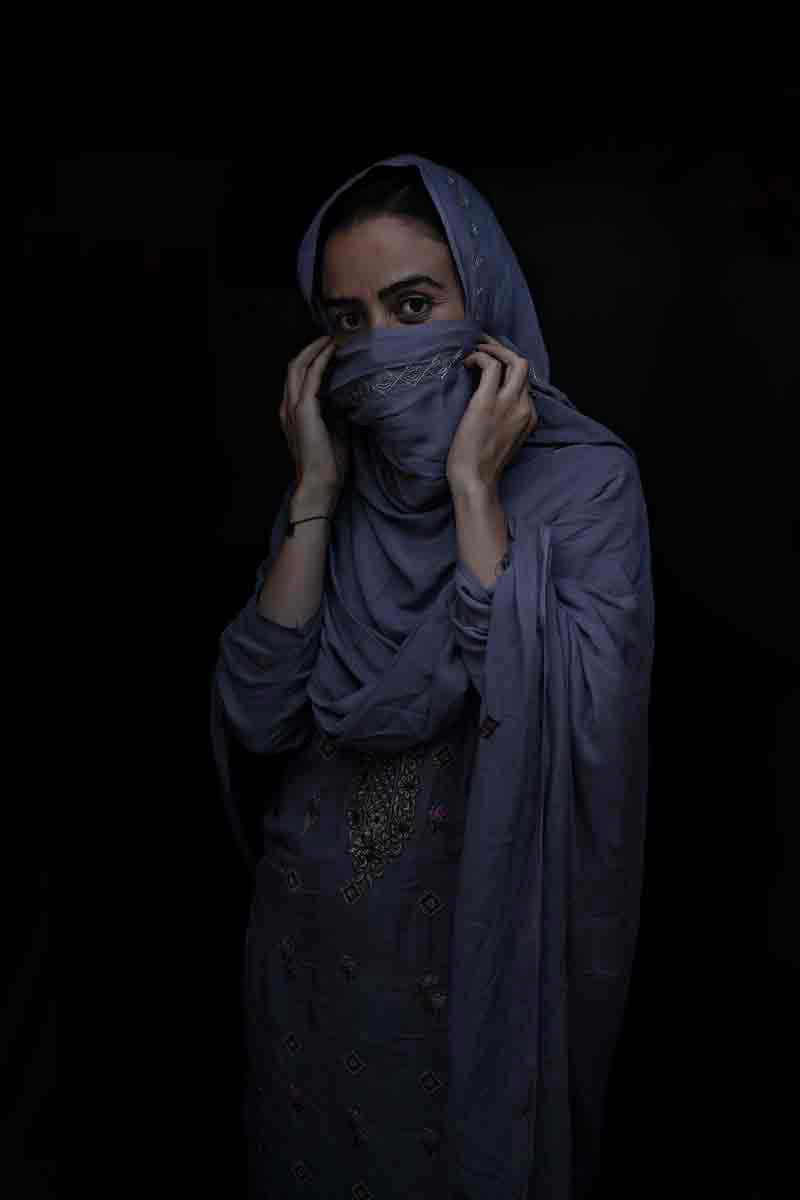
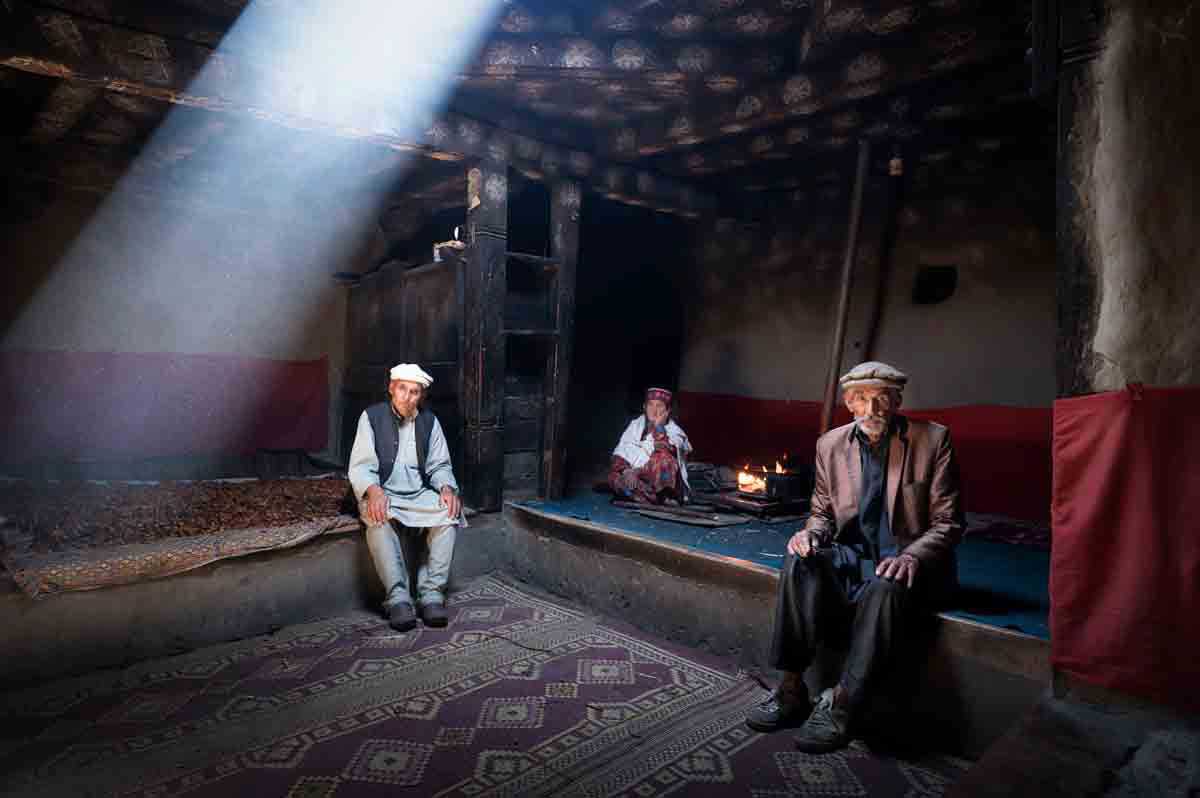
Rugged, cold, desolate, it is a wild territory located at a high altitude often compared, in terms of panoramic beauty, to the Alps and the Dolomites. Its valleys, inhabited by the Wakhi people, have been traversed for centuries by silk road traders from China, India and Central Asia and today shelter a mixture of ethnic groups and local languages. The inhabitants, many of whom of the Wakhi ethnicity are moderate Ismaili Shiites. They live in houses called Ghulkin, domestic dwellings whose labyrinth-like structures are erected in mud and stone and covered with a flat roof of mud and earth supported by vertical columns and horizontal wooden beams. Located in the vicinity of the landholdings of the families. They are built taking into account the economy of space, to give the possibility to a large number of members of the household to live under the same roof and maximum protection from the wind and winter cold Following the enormous investments of China which aims to connect Xinjiand to the Arabian Sea, the secular isolation of this remote and once unattainable area is coming to an end together with the many traditions and some very ancient languages often ephemeral because they are handed down only in oral form.

















